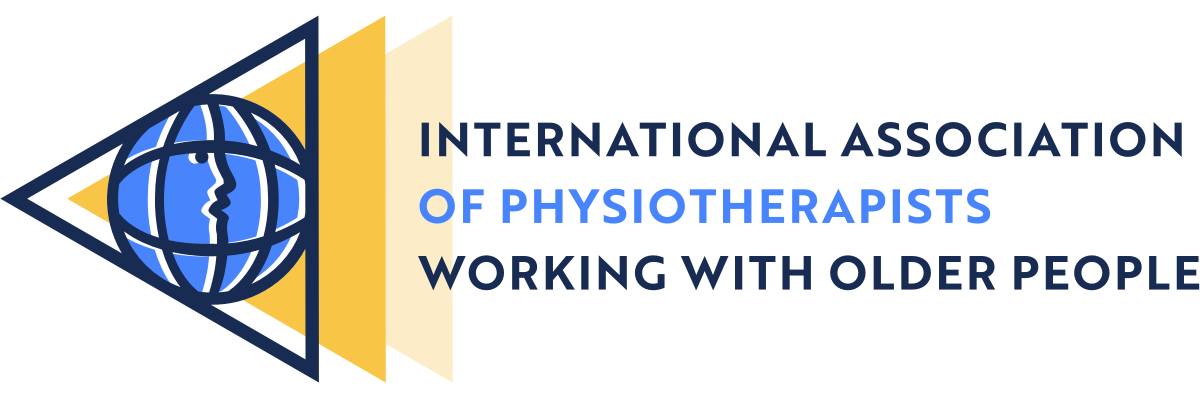Standing Tall
Digital home-based balance exercise program to prevent falls in older people and people with clinical conditions – IPTOP Webinar Series
This presentation will focus on the StandingTall program, a digital platform designed to improve balance and reduce falls through prescribed exercise. It will showcase the program’s effectiveness in various populations, including older adults with cognitive impairments, and highlight its high adherence rates, user-friendly design, and flexibility. Physiotherapists globally will benefit from understanding how this cost-effective tool can be integrated into practice, improving patient outcomes by enhancing balance, confidence, and fall prevention, with evidence of its acceptability among both patients and healthcare providers.
Professor Kim Delbaere – Neuroscience Research Australia
Professor Kim Delbaere is a Senior Principal Research Scientist and Director of Innovation & Translation at the Falls, Balance & Injury Research Centre at Neuroscience Research Australia, and a Professor of Population Health at UNSW. Kim received her physiotherapy degree and PhD at the Ghent University in Belgium. Her research has introduced innovative falls prevention solutions for older adults. Her clinical assessment tools are widely adopted in best-practice fall prevention guidelines worldwide, and her intervention programs have received national and international acclaim.
Understanding Paratonia in Dementia
Movement disorders in dementia are not well known yet they have a devastating effect on the quality of life and the abilities of a person with dementia. Paratonia is one of these movement disorders that are already present in 10% of the population with dementia in the early stages and increase up to 100% in the late stages. Paratonia is caused by central nervous system pathology, yet peripheral biomechanical changes due to Advanced Glycation Endproducts (AGEs) are also responsible for further deterioration of motor control in dementia. Physical activity can prevent the accumulation of AGEs. In this IPTOP webinar prof Hans Hobbelen will present the latest research on the topic of paratonia.
Vitality Capacity
Vitality is a physiological state resulting from the interaction between multiple physiological systems, reflected in energy and metabolism, neuromuscular function, and immune and stress response functions of the body (WHO). As a physiological determinant of physical and mental capacities an individual can draw on at any point in time, early detection of deterioration of vitality allows early interventions to delay the onset of frailty and extend the healthy lifespan of aging persons. Professor Ivan Bautmans conducts fundamental and translational research focused on the underlying mechanisms, prevention and treatment of muscle weakness (dynapenia) and muscle atrophy (sarcopenia) at higher age, with particular interest for the role of inflammatory processes. He is leading the WHO Working Group on Vitality Capacity and co-leading the EUGMS SIG on Sarcopenia.
Physical Activity for people with Dementia - Dr. Riona McArdle
Maintaining habitual physical activity may be an inclusive, inexpensive strategy to promote independence in dementia. Dr Riona McArdle (University of Newcastle, UK) will highlight in this video, current research into continuously measuring physical activity across the spectrum of care and cognition, and will explain current understanding of the socio-ecological influences of physical activity in dementia.
May 10, 2022 07:00 PM – Hosted in Canberra, Melbourne, Sydney (GMT + 10)


